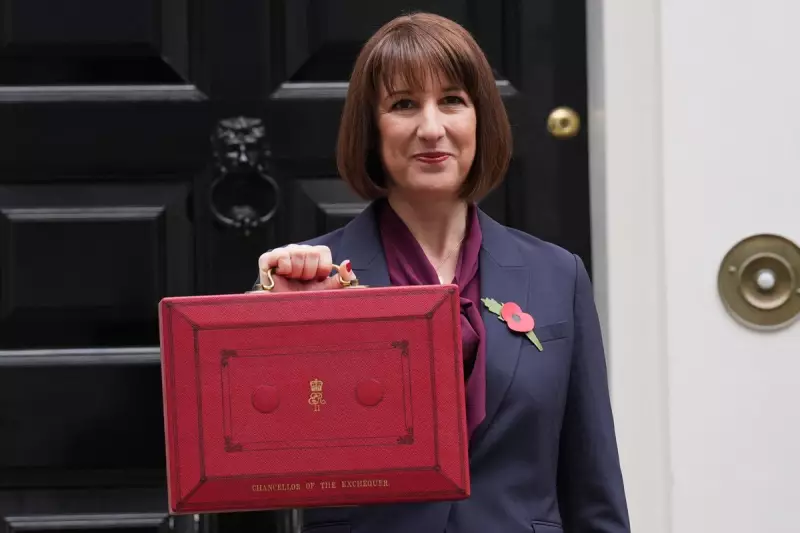
In a definitive move that will shape the UK's education and financial landscape, Chancellor Rachel Reeves has publicly and categorically ruled out imposing Value Added Tax (VAT) on private school fees. This announcement marks a major shift from previous Labour Party considerations and delivers immediate certainty to hundreds of thousands of families.
The decision, revealed during a high-profile interview, effectively shelves one of the party's long-debated revenue-raising policies. It signals the Chancellor's intent to prioritise stability and avoid measures that could be perceived as punitive towards aspirational middle-class parents.
A Pledge for Financial Certainty
Reeves emphasised that her focus is on fostering a stable economic environment. Adding a 20% surcharge to education costs, she argued, would contradict this goal by directly impacting family budgets. This stance is being widely interpreted as a strategic effort to solidify Labour's appeal to a broader electoral base, including those who might have considered private schooling for their children.
Implications for the Education Sector
The announcement has been met with considerable relief from the independent education sector. School leaders had consistently warned that the proposed tax would force many institutions to close their doors or lead to a significant influx of pupils into an already stretched state system, ultimately costing the government more than the tax would generate.
By taking this option off the table, Chancellor Reeves has not only eased financial anxieties for parents but also granted private schools a clear and predictable operational outlook, allowing them to plan for the future without the threat of a sudden 20% cost increase for their services.
A Clear Signal on Economic Direction
This decision is one of the Chancellor's most concrete policy announcements to date, offering a clear signal of her pragmatic approach to the nation's finances. It demonstrates a willingness to break from party orthodoxy in favour of what is deemed economically sensible and politically astute, setting the tone for her upcoming budget and the government's broader fiscal strategy.





